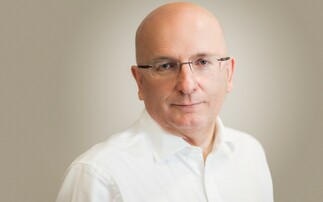Some 92% of the general public are not prepared to pay more than £100 an hour for financial advice, according to research.
This statistic will be a blow to those advisers wanting to grow their client base, particularly when the UK average for the cost of advice is £150 an hour, according to Unbiased. The Boring Money's Spring Census report, which used YouGov statistics from 2,042 adults, also found that this unwillingness to pay does not seem to be related to relative affordability. According to these statistics, one-third of households with between £100,000 and £150,000 of savings and investments said they would only pay up to just £50 an hour for advice. Another third said they would not be prepared...
To continue reading this article...
Join Professional Adviser for free
- Unlimited access to real-time news, industry insights and market intelligence
- Stay ahead of the curve with spotlights on emerging trends and technologies
- Receive breaking news stories straight to your inbox in the daily newsletters
- Make smart business decisions with the latest developments in regulation, investing retirement and protection
- Members-only access to the editor’s weekly Friday commentary
- Be the first to hear about our events and awards programmes






